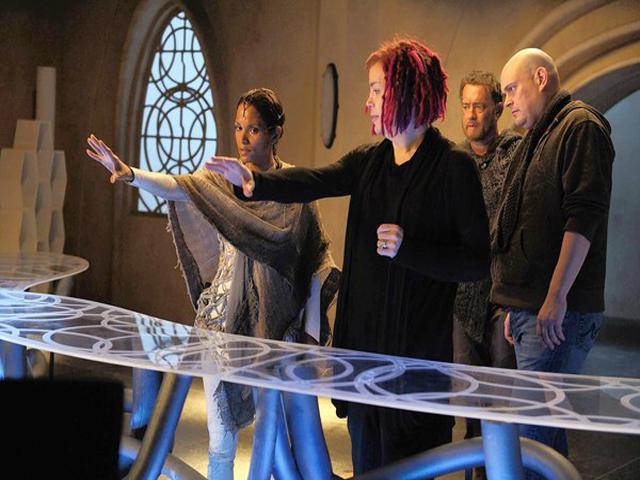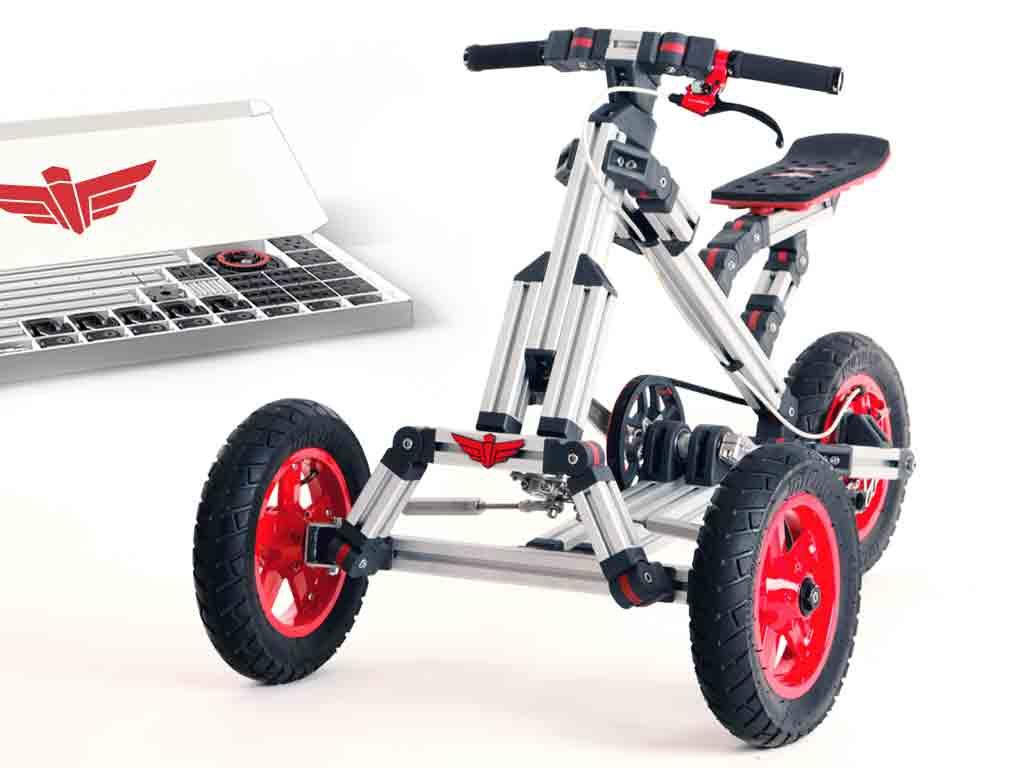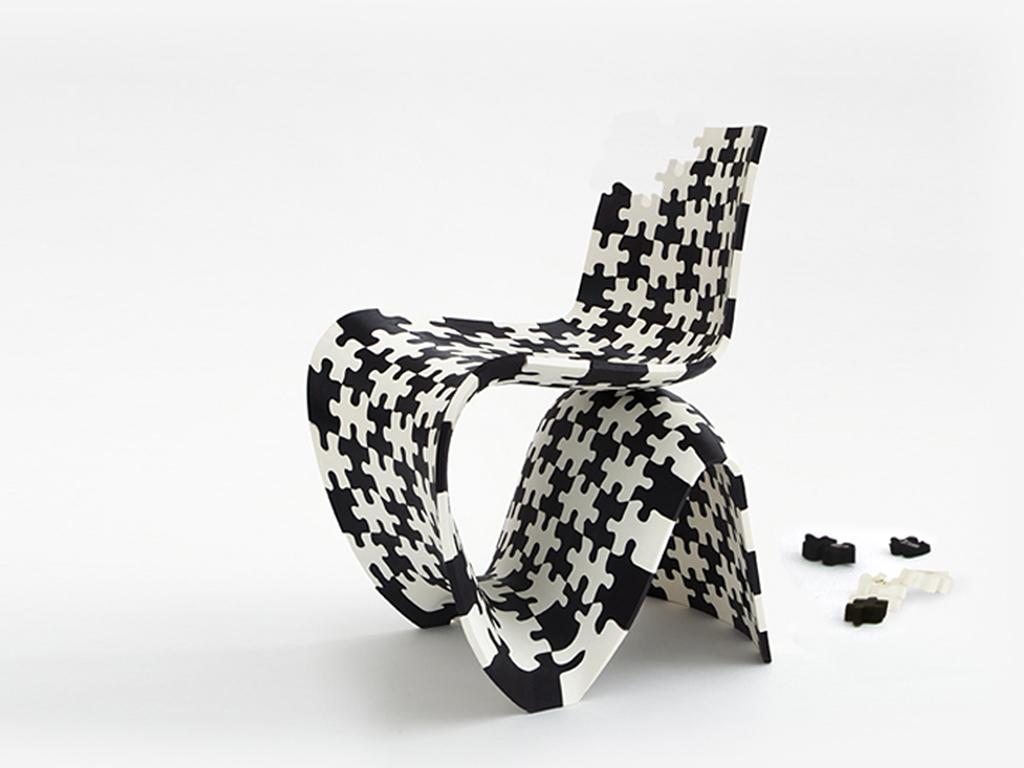Recently the movie 'Cloud Atlas' was released. The movie shows a future where (not for the first time) one can effortlessly let hologram screens pop up out of nowhere.
The assumption is possibly that we can put these in a relevant order by then. But for now, we still operate our computers by using the thirty year old desktop metaphor. A workspace similar to a real world situation, with documents and folders, and maybe accessoires like a calculator, a clock or notebook. It is a way to simplify the interaction between man and machine by using something we already know.
We are now using the graphical interface, but before that, computers that were operated from the command line.
Many things have changed since that time, but not the idea of a desktop and folders. But it seems that with the uprise of mobile operating systems things are shifting again. More and more elements from the mobile world are now entering the computer operating systems. But are these useful there?
There is a huge difference in operating a device by using touch and your fingers compared to working with a mouse and keyboard. Swiping is a natural movement on a tablet, but not with a mouse or keyboard. When Apple decided to alter the standard scroll direction to that of mobile devices, many people directly reversed this new setting.
This seems futile, because once used to it, it works just as easy the other way around. But what it proves is the fact that we do not easily give up the methods we are so familiar with. Ever tried to work on the computer of someone else, when all the settings are different from yours?
In the new operating system of Microsoft (Windows 8), the mobile elements of smartphones and tablets are dominant: the tiles (a style that was called 'Metro' in first instance). The desktop metaphor has moved out of sight here; no more arranging things following the old principles. Every tile and every application will open full screen. So, no more multiple windows on your screen, what made usability guru Jakob Nielsen stating that the system should now be called 'Window' in stead of 'Windows'.
Whether the new system is usable or not only time can tell. There are plenty of people that do want to keep the desktop metaphor alive, the critics show. Some even call Window 8 'user-hostile'. Anyway, this short clip (How Real People Will Use Windows 8) shows how it upsets people when suddenly their familiar applications no longer function as expected.
(The picture above this article shows Halle Berry, left, with director Lana Wachowski, Tom Hanks and director Andy Wachowski at the set of 'Cloud Atlas', while practicing the operating systems of the future).


